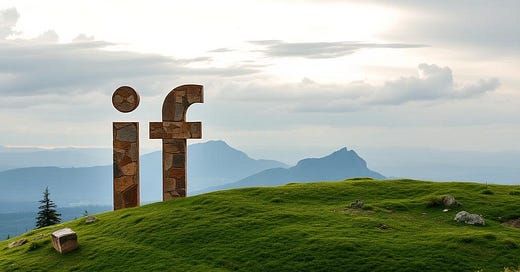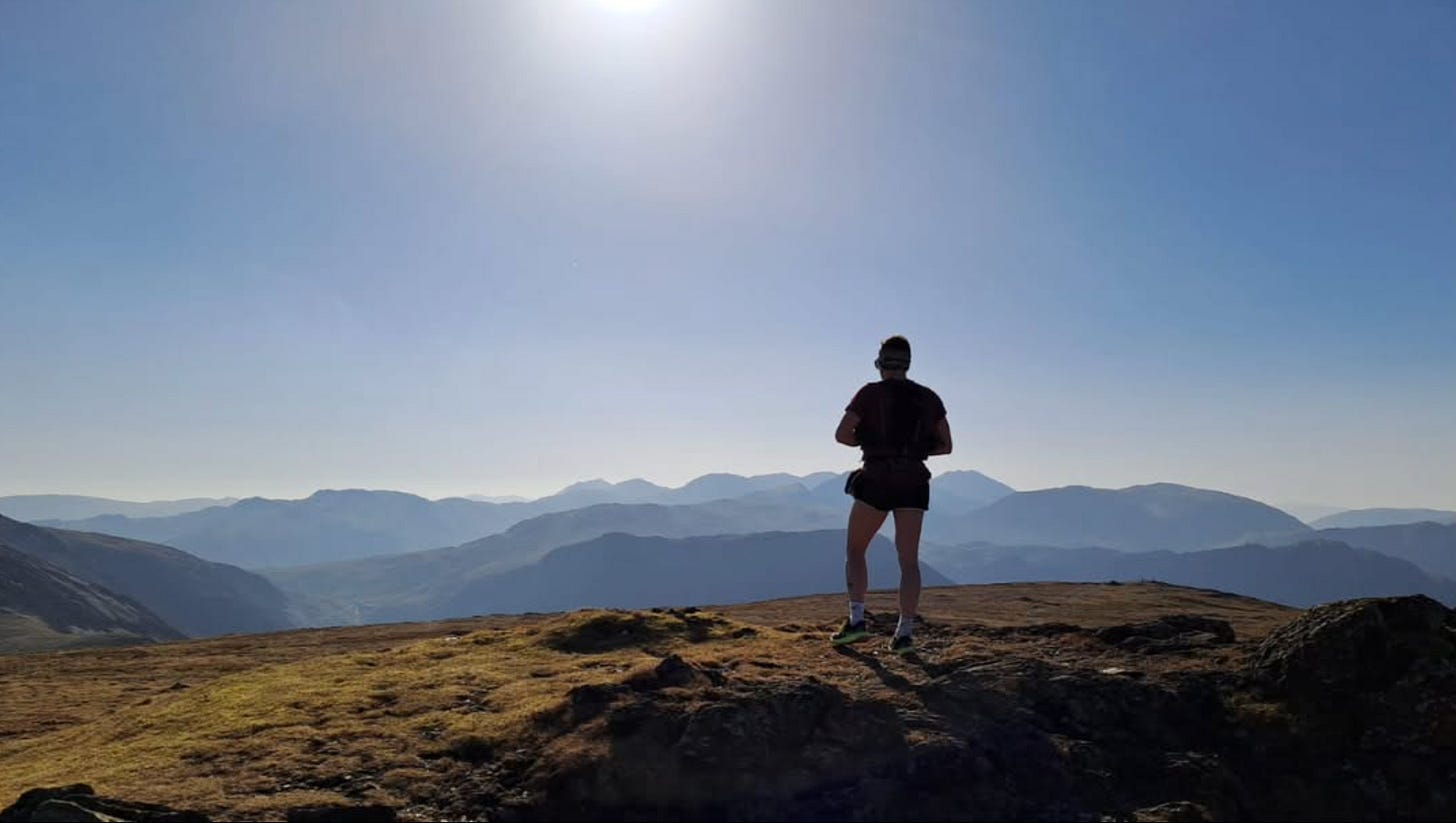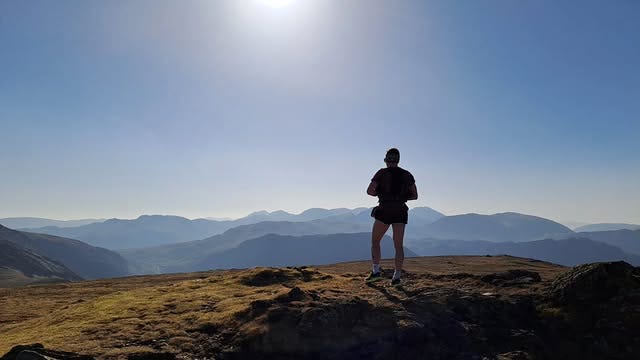Poles & Crocs is a loose-knit crew of runners, mountain movers, and everyday people finding something real in the work of putting one foot in front of the other. We come from different places and different paces. Some of us run to train. Some of us train to cope. Some of us just like being outside and doing hard things with good people.
There’s no performance threshold to be here. Everyone is welcome.
We believe the body has its wisdom and that honesty—whether in training, conversation, or life—keeps us moving forward. This reflection came out of a group chat this week, and we thought it was worth sharing.
Your performance knows how many reps it did. —P&C
It’s an unofficial motto around here. A reminder that when the noise dies down, the mountain doesn’t care what you said you did. The truth shows up in your legs, your lungs, your presence under pressure.
This week, one of the crew shared Kipling’s If. You’ve probably seen it. It’s done the rounds in military circles and men’s groups for decades—a kind of stoic playbook for grit, virtue, and keeping your head in the arena.
But another voice quickly reminded us: Kipling also wrote The White Man’s Burden—a poem that dressed colonialism up as noble duty. All that talk of sacrifice and civilisation? Turns out, was a mask for control..
This brings us back to the reps.
Words are cheap.
Character is revealed under strain.
And grace under pressure—like mountain fitness—can’t be faked.
At Poles & Crocs, we’re not interested in surface-level narratives. We bring the same discipline to thought, action, and effort.
When the day comes—whether it’s race day, rest day, or reckoning day—what you’ve done will speak louder than what you said.
And just to be clear, the words written here are as unimportant as Kipling’s. Or anyone else’s, for that matter.
If If gets you out the door each morning—if it steadies you in the storm or gives shape to your struggle—then that’s what matters. You’re turning words into movement. Beautiful, useful movement.
We’re not condemning If, or trying to take it from anyone. Who knows what dark roads it’s lit for someone else?
But we do want to stand with those who feel the weight of what’s left unsaid when people hold this poem up without pause or context—especially when it’s done in the shadow of empire.
It’s not about being righteous. It’s just about being aware.
Aware that some people love this poem, and some people hate it.
And the people on the other side of the seesaw might be grappling with realities you’ve barely even considered.
And that’s OK.
We don’t have to pick a side.
We just have to notice.
Awareness—Now get back to work.
You can follow more rapid-fire content over on our Instagram page.









Great read, but what's this weekly chat thing and how do you get involved?